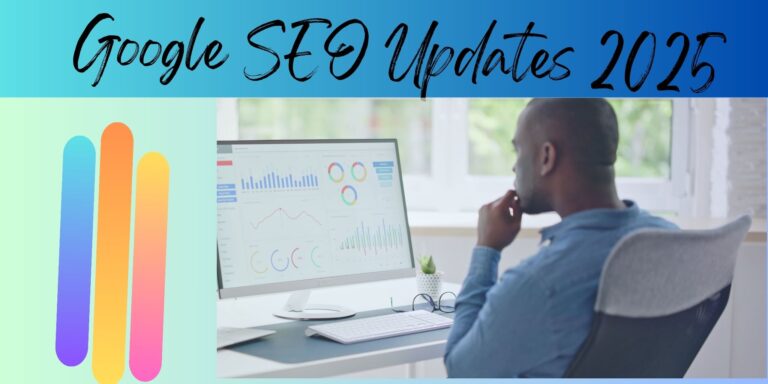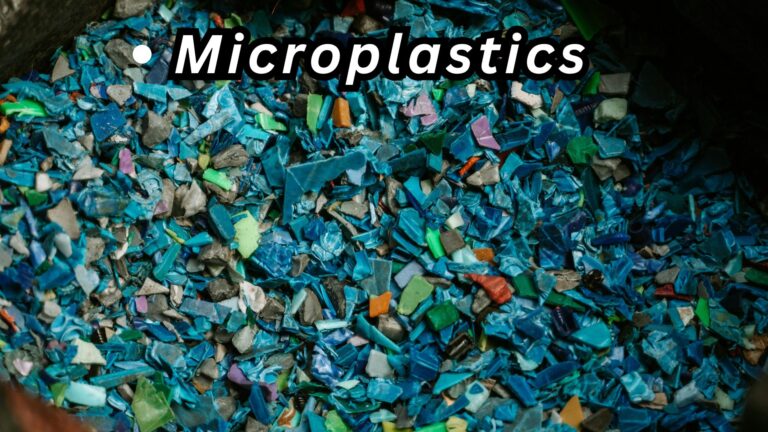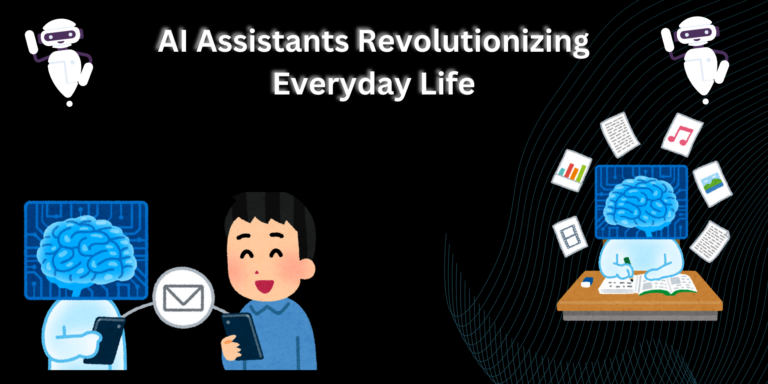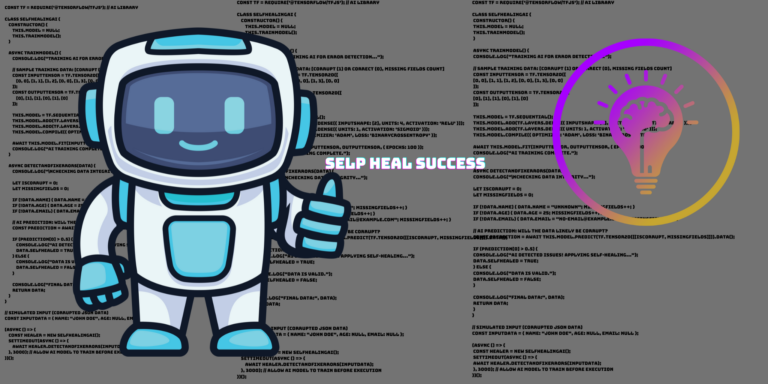Introduction
OpenAI remains the leader in synthetic intelligence (AI) innovation, breaking new ground with new models, corporate restructuring, and legal battles. From the expected launch of GPT-4.5 and GPT-5 to legal instances and enterprise competition, OpenAI’s developments are defining the AI landscape. In this blog post, we can discuss the maximum current developments surrounding OpenAI, along with version updates, corporate traits, criminal instances, and aggressive forces.
Upcoming Model Releases
GPT-4.5 and GPT-5: The Evolution of AI to the Next Level
OpenAI has been going super guns with developing AI models, and excitement for GPT-4 and GPT-5 is reaching an all-time high. As mentioned, Microsoft is gearing up to host OpenAI’s new version, which is code-named “Orion” (GPT-4.5), to be launched inside the Close to Destiny. The update is geared closer to performance enhancements, higher reasoning, and decreased biases in responses generated through AI.
Even greater is the said launch of GPT-5, scheduled to come out in late May 2025. Unlike its ancestors, GPT-5 has been constructed to integrate the O3 reasoning version that may significantly decorate contextual information and hassle-fixing competencies. OpenAI sees GPT-5 as a precursor to synthetic preferred intelligence (AGI), a vision that has been in the middle of the organization’s assignment due to its foundation.
With these breakthroughs, customers can look forward to
- More human-like interactions
- Enhanced multimodal capabilities (text, photographs, and probable video technology)
- Reduced hallucinations and increased accuracy
- Greater personalization for male or female users
As opposition inside the AI quarter heats up, OpenAI’s upcoming releases will probably set new enterprise standards and challenge different tech giants like Google DeepMind and Anthropic.
Corporate Developments
OpenAI’s Transition to a Public Benefit Corporation (PBC)
In a dramatic structural alternate, OpenAI is making plans to transform into a Delaware Public Benefit Corporation (PBC). This reflects the company’s desire to align profitability with social good. As against the traditional employer, a PBC is statutorily obligated to recollect the public advantage in addition to shareholder hobbies.
The conversion into a PBC is expected to:
- Enable OpenAI to raise capital extra traditionally whilst nonetheless prioritizing moral AI development
- Boost investor belief by aligning AI progress with social excellence.
- Offer a more sustainable, long-term growth model.
This reorganization is regarded as a strategic response to keep OpenAI aggressive and true to its mission of keeping AI secure and beneficial for all of humanity.
Legal Affairs
The Intercept Lawsuit: An Argument for Ethics in AI Training
OpenAI is being sued, with the maximum outstanding being The Intercept’s suit claiming OpenAI abused information stories for education ChatGPT. A federal court docket recently decided that OpenAI might need to protect itself against part of the health, specifically prices approximately stripping copyright management records. Unlawful distribution claims had been rejected.
The case has substantial moral and criminal problems concerning AI training information, consisting of
- The data, which AI businesses can also utilize publicly to have fabric for training models
- Copyright ramifications of AI content
- Possible new guidelines around AI education practices
As AI content continues to develop, such suits might be imminent, making it more vital that there be more defined AI regulation and copyright protection.
Industry Dynamics
The Elon Musk vs. Sam Altman Rivalry
The dynamic between OpenAI CEO Sam Altman and Elon Musk, co-founding father of OpenAI, has grown increasingly more acrimonious. According to reports, Musk made an unsolicited offer of $97 billion to buy OpenAI, well short of the company’s envisioned $300 billion valuation. The bid turned into a fast rejection, which underscored essential strategic differences between the two era visionaries.
Musk has additionally complained about the direction of OpenAI, which includes the way it modified its model from not-for-earnings to for-profit. He has complained approximately about safety and transparency in terms of AI, additionally favoring open-source improvement of AI on every occasion viable. OpenAI, in the meantime, has alternatively invested in developing complicated, proprietary models with advanced safeguards.
This competition reflects broader tensions within the AI industry, where competing philosophies—open-source AI as opposed to closed, regulated AI—keep shaping the future of AI improvement.
The Future of OpenAI
OpenAI’s trajectory is marked by the aid of speedy innovation, prison battles, and company restructuring. As the company continues to conform, key questions remain:
- How will the release of GPT-5 affect AI adoption across industries?
- Will the OpenAI shift to being a public benefit corporation establish a precedent for other AI companies?
- How will future AI schooling and highbrow belonging rights be encouraged using criminal demanding situations?
No matter how many hurdles there are, OpenAI is still at the leading edge of AI development. Its destiny releases and strategic actions could profoundly affect the technology landscape, influencing companies, researchers, and users alike.
Watch this area for similar traits as OpenAI continues to redefine the frontiers of AI.















